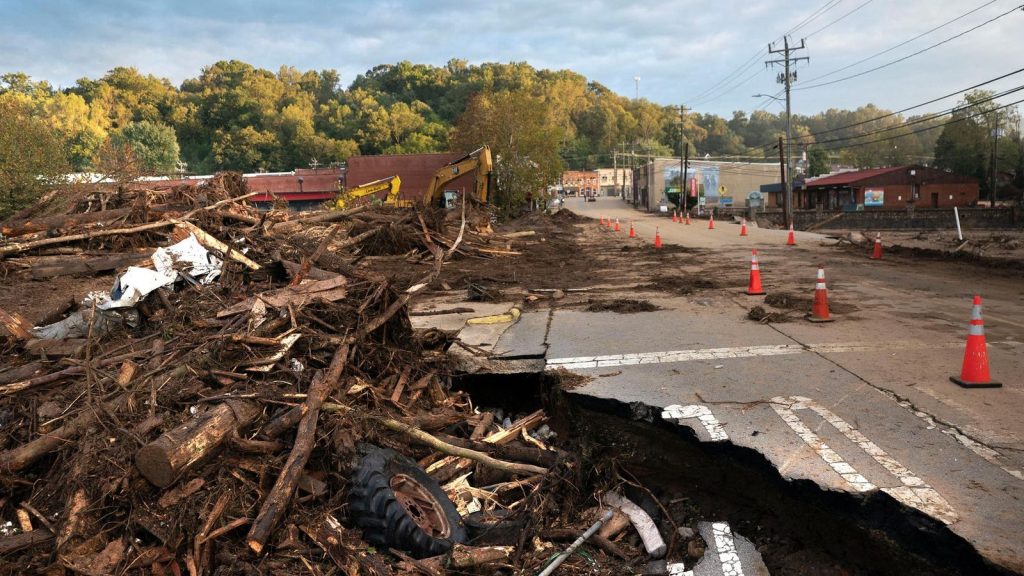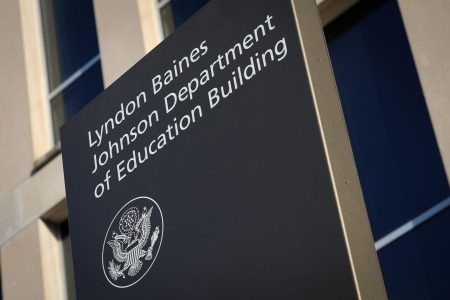Direct Relief and World Central Kitchen exemplify the crucial role of charities in disaster relief, a sector gaining increased public attention due to the escalating frequency and severity of global crises. While representing a small portion of overall charitable giving, disaster relief has become a focal point for donors, particularly younger generations, as evidenced by donation trends on platforms like Benevity. Direct Relief, a seasoned organization specializing in medical supply delivery, and World Central Kitchen, renowned for its rapid food provision, are highlighted for their efficient responses to catastrophes like Hurricane Helene. The article underscores the importance of vetting charities and avoiding scams, suggesting the Forbes Top 100 Charities list as a reliable resource for identifying reputable organizations.
Direct Relief’s operational model centers on swift action, pre-existing relationships with affected areas, and a vast network of resources. Its substantial contributions, primarily in the form of donated medical supplies and cash grants, are strategically deployed to address immediate needs in disaster zones. The organization’s preemptive approach, notifying authorities in advance of potential assistance, allows for a streamlined response when disasters strike. Their experience and established presence in regions like western North Carolina prior to Hurricane Helene enabled them to quickly augment existing aid efforts with essential medical supplies and cash. This agile methodology also facilitated their substantial contributions to Ukraine amidst the ongoing conflict. Furthermore, Direct Relief actively cultivates diverse funding streams, including partnerships with the gaming community on platforms like Twitch, demonstrating innovative approaches to fundraising.
World Central Kitchen, founded by Chef José Andrés, complements Direct Relief’s efforts by focusing on food and water provision in disaster-stricken areas. The organization’s rapid deployment capabilities and focus on immediate needs make it a vital resource in the aftermath of catastrophes. The combined efforts of organizations like Direct Relief and World Central Kitchen highlight the importance of specialized expertise in disaster relief, addressing both immediate medical needs and the fundamental requirement for sustenance. The article emphasizes the contrast between the nimble response of charities and the often slower, more bureaucratic processes of government agencies, illustrating the unique value proposition of these organizations.
The Forbes Top 100 Charities list offers a valuable tool for donors seeking to ensure their contributions reach legitimate and effective organizations. Direct Relief’s consistent presence on the list, along with World Central Kitchen’s recent inclusion, underscores their commitment to transparency and impactful work. The article highlights the importance of scrutinizing charity finances and avoiding common scams, especially in the wake of disasters. It encourages donors to be wary of unsolicited requests and to verify the legitimacy of organizations before contributing. The inclusion of various disaster relief-focused charities on the Forbes list, including Americares, the Red Cross, and Doctors Without Borders, provides donors with a range of options for supporting reputable organizations actively engaged in crisis response.
Financial efficiency is a key metric for evaluating charities, and the article emphasizes Direct Relief’s impressive track record in this area. Their high fundraising efficiency ratio, approaching 100%, demonstrates their commitment to maximizing the impact of donations. The article also addresses the complexities of evaluating charities that rely heavily on in-kind donations, cautioning against potential manipulation of valuations. Direct Relief’s history of conservative valuations reinforces its reputation for transparency and accountability. This commitment to financial integrity is crucial for maintaining donor trust and ensuring the responsible allocation of resources.
The landscape of charitable giving is evolving, and the growing emphasis on disaster relief reflects a shift in public awareness and concern. However, despite increased attention, disaster relief remains underfunded compared to other charitable causes. The article emphasizes the need for greater investment in this critical area to address the growing global need. The Forbes Top 100 Charities list provides a snapshot of the largest and most impactful charities in the United States, highlighting their contributions and financial performance. The inclusion of newcomers and returning organizations reflects the dynamic nature of the philanthropic sector and the evolving priorities of donors. The article encourages readers to utilize the Forbes list and other resources to make informed decisions about their charitable giving, emphasizing the importance of due diligence in selecting organizations that align with their values and impact goals.










